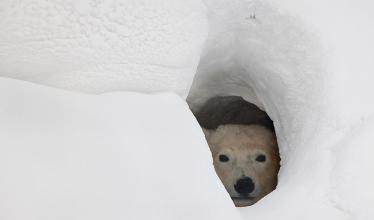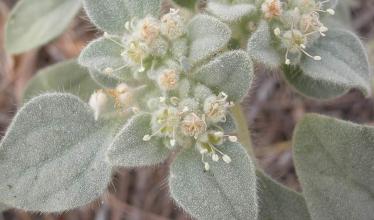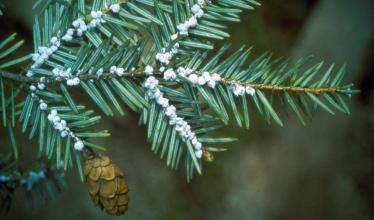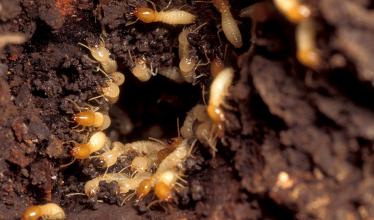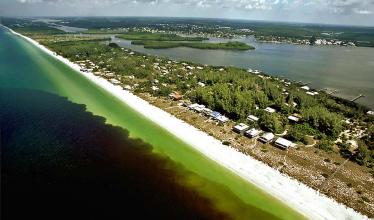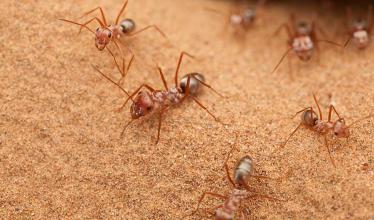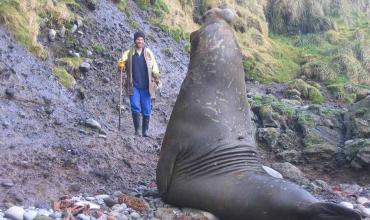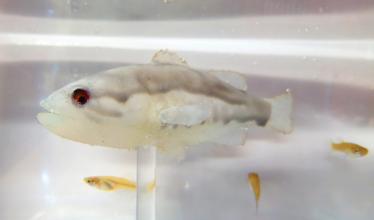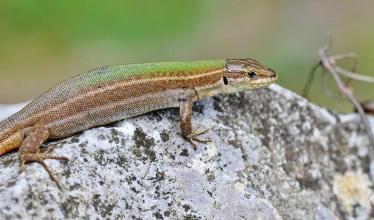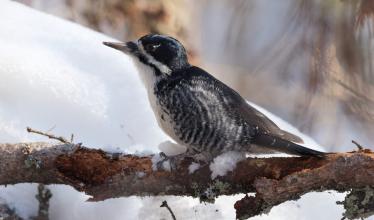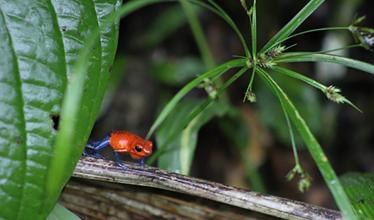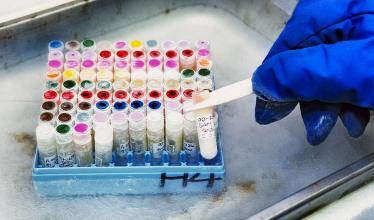Ecology
Study suggests that if climate change continues unabated, there soon won’t be enough snow in northern Alaska for polar bears to dig birthing dens.
Plants may recruit defenders by bribing them with other plants' pollen.
Surprisingly, it’s the trees, not the bugs, that matter.
Underground species eats or buries its dead, depending on likelihood of catching disease.
Gel-like beads embedded with natural bacteria could fight harmful algal blooms.
Saharan insects use breakneck speeds to beat the desert heat while finding food.
To get wildlife data, scientists have jumped out of helicopters and given mouth-to-mouth resuscitation to venomous snakes.
A mechanical predator could stress an invasive species of freshwater fish to the point that they may reproduce less.
Conspicuous toilet spots may help Dalmatian wall lizards communicate.
‘Megafires’ jeopardize the black-backed woodpecker’s habitat.
Some poison frogs have become used to the warmer temperatures caused by climate change and deforestation, but they’re nearing their limit.
Researchers are freezing cell samples with liquid nitrogen to keep biodiversity alive. Could this be the best way to conserve species for the future?

